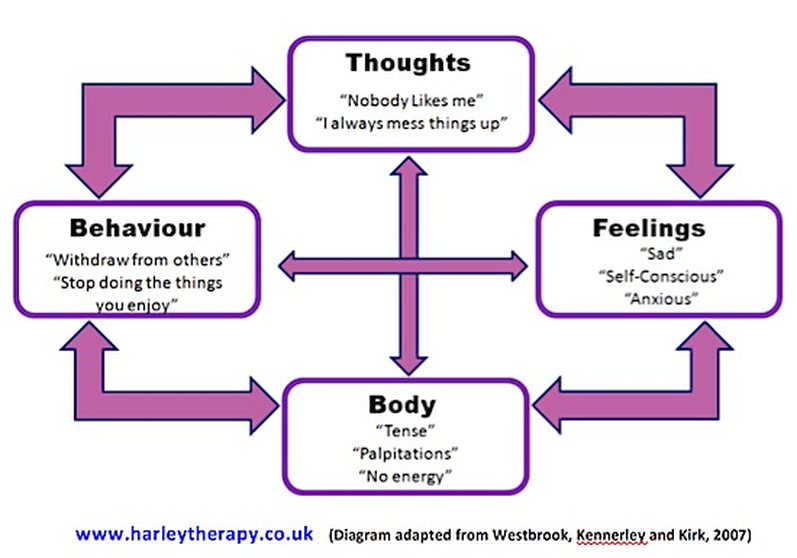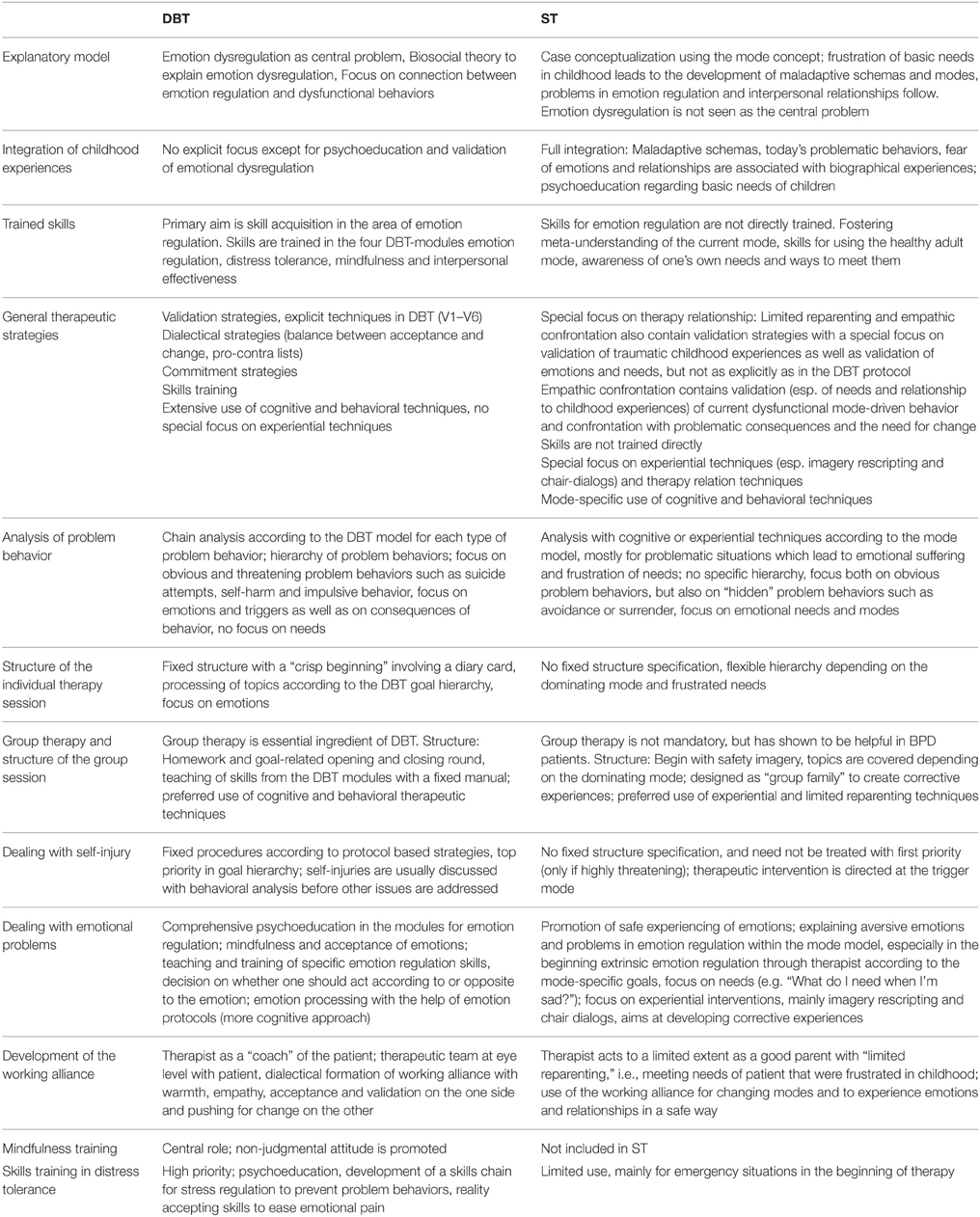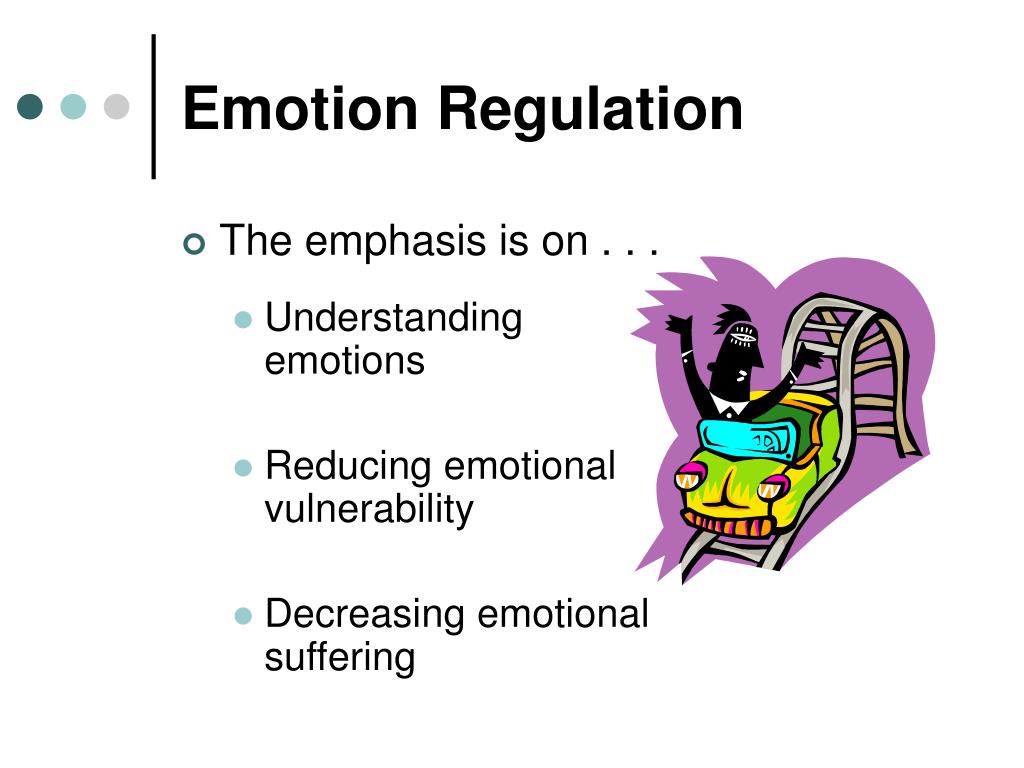- Emotions Myths:dialectical Behavioral Training Activities
- Dialectical Behavioral Therapy Dbt Techniques

Dialectical Behavior Therapy (DBT) focuses on teaching people strategies to help them live their best and most productive life. DBT is often used to help people with depression, anxiety, borderline personality disorders, addictions, eating disorder, and PTSD.
Origins of DBT Dialectical behavior therapy (DBT) developed in the early 1990’s from the work of Marsha Linehan, Ph.D. Linehan, a cognitive behavioral psychologist by training, formed the principles, theory and strategies underlying DBT while working primarily with women who were suicidal and engaged in self-harming behaviors. Autogenic relaxation training is an effective broadband method for children and adolescents. Effectiveness of autogenic relaxation training on children and adolescents with behavioral and emotional problems J Am Acad Child Adolesc Psychiatry. 2003 Sep;42(9):1046-54. Doi: 10.1097/01.CHI.24125.F.
There are four core skill sets that you master to help you problem solve and deal with issues:
Emotions Myths:dialectical Behavioral Training Activities




Dialectical Behavioral Therapy Dbt Techniques
- Mindfulness - the core skill in DBT is being able to non-judgmentally observe yourself and your surroundings. You will become more aware of the physical and mental triggers that cause runaway emotions.
- Distress Tolerance - deal with painful situations. When you can't change the situation, learn how to tolerate it, accept it, and move forward.
- Emotion Regulation - learning to make your emotions work for you. Learn to recognize when an emotion is unproductive and change it into a more productive emotion.
- Interpersonal Skills - change the way you communicate so you get more out of your relationships. Learn to communicate what you want. Become comfortable saying no.
